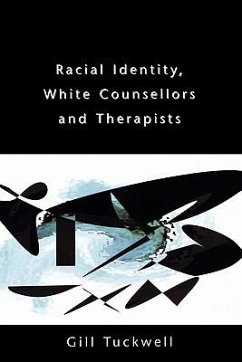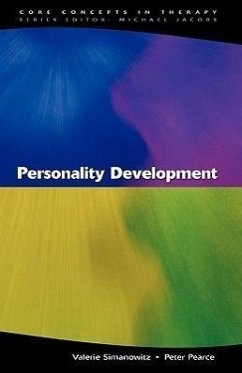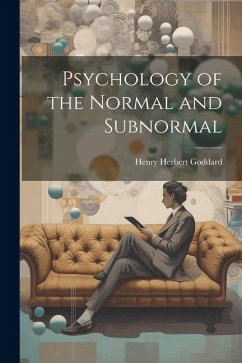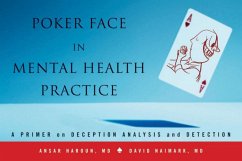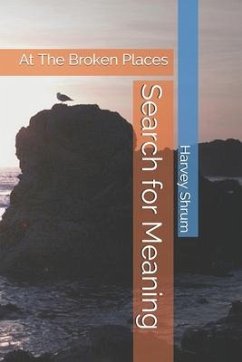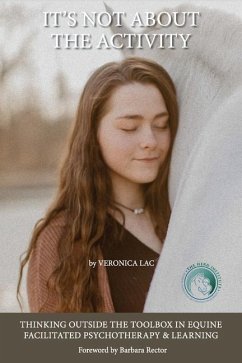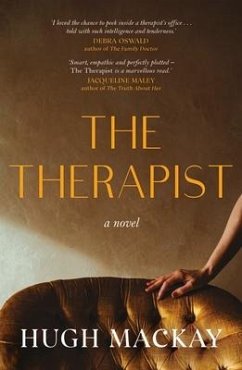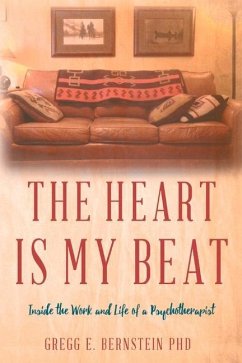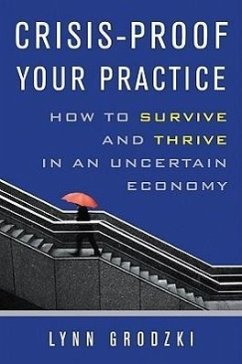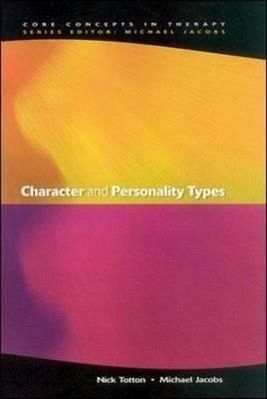
Character and Personality Types
Versandkostenfrei!
Versandfertig in über 4 Wochen
33,99 €
inkl. MwSt.

PAYBACK Punkte
17 °P sammeln!
It is very difficult for the student or practitioner to find their way through the jungle of different personality typographies that has sprung up in the field of psychotherapy; and even harder for them to find a point of sufficient height above the forest canopy to get their bearings in order to compare one system with another. This volume offers such an observation point together with some possible mappings. It surveys how different schools of therapy approach a basic topic, the differences that exist between people - including their attitudes, feelings, concerns and talents. It examines dif...
It is very difficult for the student or practitioner to find their way through the jungle of different personality typographies that has sprung up in the field of psychotherapy; and even harder for them to find a point of sufficient height above the forest canopy to get their bearings in order to compare one system with another. This volume offers such an observation point together with some possible mappings. It surveys how different schools of therapy approach a basic topic, the differences that exist between people - including their attitudes, feelings, concerns and talents. It examines different systematic and non-systematic approaches to identifying different types of human being, exploring whether there are systematic ways in which humans vary, how we can assess the merit of different typologies, and whether personality typing is a helpful approach to therapy. Character and Personality Types looks in detail at the arguments for and against the use of typologies of character and personality as a clinical tool; and offers general criteria for judging the merits of particular personality systems, as well as exploring the possibility of a wider synthesis.



